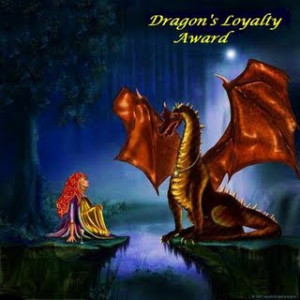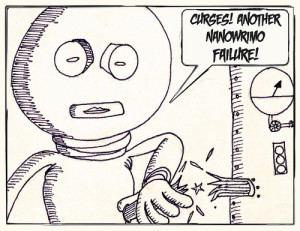
Image by Davidd/puuikibeach
Way back in November, Bob Clary of Webucator emailed me about writing a piece for their NaNoWriMo promotion. They even wrote questions for me to answer so it would be nice and easy. But because I am lazy a successful copywriter in high demand, I failed to write and publish said blog until now! Oh, as they say, well. Apologies and thanks to Bob and co.
What were your goals when you started writing?
I wanted to write the kind of book that I liked to read. I wanted to do to other readers all the things my favorite authors did to me.
I also wanted to be a child genius who published the next great American sci-fi novel at the precocious age of 13, became rich and famous and got to co-direct the film adaptation. That didn’t happen and I got over it.
What are your goals now?
Finish my novel. Get it traditionally published. I have growing respect for the indie publishing world, but for now, at least, I’m still aiming for traditional. Though I may be beginning to doubt my trust in the gatekeepers of the literary world, there’s still something inside me that wants their stamp of approval. Sort of third-party confirmation that yes, this novel is a real piece of literature and not merely an amusing hobby that has stolen years of my life.
What pays the bills now?
I’m a copywriter at a Texas marketing firm. I write everything from billboards to blog posts about everything from cowboy boots to wound care. Every day is different, and I enjoy it tremendously.
Assuming writing doesn’t pay the bills, what motivates you to keep writing?
I’ll rephrase this question to: “What motivates you to write fiction when you already spend so much time writing copy?”
I need to write fiction to feel like myself. I rarely feel like writing when I have time to write, but if I let a weekend go by without working on the old WIP, I feel incomplete. I can even be cranky.
What advice would you give young authors hoping to make a career out of writing?
For copywriters:
- You’d better really enjoy playing with words; even the menial tasks like translating technical jargon into human-speak, and writing product descriptions.
- Read a lot and write a lot. You need to be able to recognize and fix confusing copy.
- Start a blog. A topical blog, not a personal blog. Pick a subject you’re passionate about and know something about. There’s a big push toward content marketing in the ad world and it will help if you have experience planning, developing, publishing and promoting content. Follow the blog at Copyblogger.com to learn more about it.
- Read Luke Sullivan’s Hey Whipple, Squeeze This.
For fiction writers:
- Don’t do this for the money. Do it because you love it, but don’t be heartbroken if you can’t make a living out of it. Few can.
- Don’t wait until you’re in a “writing mood” to write. The thing that separates the hobbyists from the real writers is that we put words on paper even when we don’t feel like it. Anyway, sometimes the writing mood doesn’t come until you’ve already been at the keyboard for a few hours.
- A lot of people will give you writing advice. Be careful whose advice you trust. Half of them don’t know what they’re talking about. Look for tips from storytellers who have proven themselves multiple times – like the Neil Gaimans and Joss Whedons and Pixar writers.
- When it comes to critiques of your work, drop the attitude that “they don’t like it because they don’t understand it.” Sometimes that’s true, but most of the time it’s because your work actually stinks. Cry and rant for a little while, then sit down and figure out how to fix it.
- Writing a novel is the hardest thing you will ever do (and good luck emerging from the experience with your sanity intact). Still, it’s worth it.
—
Feel free to post your own answers to these questions in the comments; you can also read answers from other writers.
—



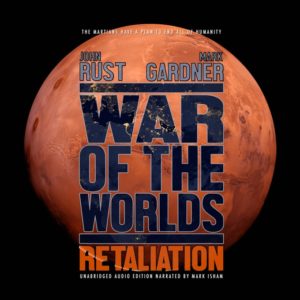
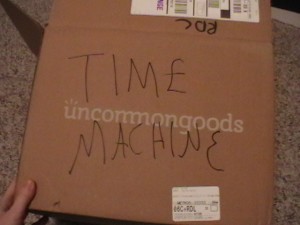
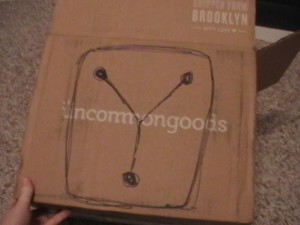
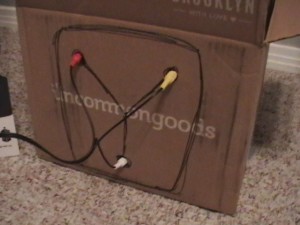

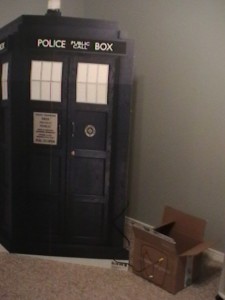
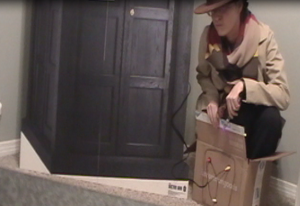 A: BWAHAHAHAHAHA!! Yes. And you are awesome. …you should blog this. Because.
A: BWAHAHAHAHAHA!! Yes. And you are awesome. …you should blog this. Because.